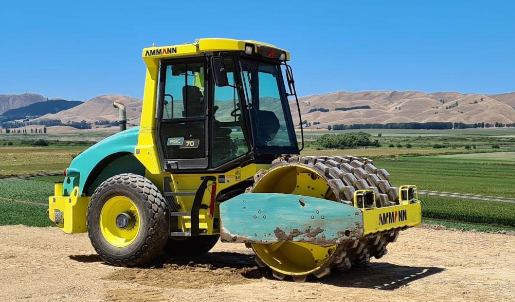The Environmental Impact of the Cannabis Industry in Canada
As the cannabis industry continues to grow in Canada, it is essential to assess its environmental impact. From cultivation to packaging and transportation, the production and distribution of cannabis products have the potential to affect the environment. In this blog post, we will explore the environmental implications of the cannabis industry in Canada, focusing on the efforts to mitigate its ecological footprint. We will also discuss how choices such as weed delivery Oakville wide and purchasing from online weed dispensaries can contribute to a more sustainable cannabis industry.
Cultivation Practices:
Cannabis cultivation requires resources such as water, energy, and land. Traditional cultivation methods, particularly in indoor facilities, consume significant amounts of electricity for lighting, climate control, and irrigation systems. However, with growing awareness of sustainability, many licensed cannabis producers in Canada are adopting environmentally friendly cultivation practices. These include using energy-efficient lighting, implementing water conservation techniques, and employing organic farming methods to reduce the ecological impact of cannabis cultivation.
Packaging and Waste Management:
The packaging of cannabis products has raised concerns about excess waste in the industry. The use of single-use plastic containers, excess packaging materials, and non-recyclable materials contribute to the environmental footprint of cannabis products. Many cannabis producers and weed dispensary online in Canada are adopting sustainable packaging practices. This includes using biodegradable or recyclable materials and reducing the overall amount of packaging used. Additionally, recycling programs and proper waste management strategies are being implemented to minimize the impact of cannabis-related waste.
Transportation and Delivery:
Transportation plays a significant role in the environmental impact of the cannabis industry. In traditional retail settings, customers often drive to physical weed dispensaries, contributing to greenhouse gas emissions. However, opting for weed delivery in Oakville and purchasing from online weed dispensaries can help reduce the carbon footprint associated with transportation. Delivery services can optimize routes and consolidate orders, resulting in fewer individual trips and reduced emissions. Furthermore, some weed delivery services in Canada are transitioning to electric or hybrid vehicles to further minimize their environmental impact.
Sustainable Practices and Industry Regulations:
To mitigate the environmental impact of the cannabis industry, the Canadian government has implemented regulations and guidelines. Licensed cannabis producers are required to adhere to strict environmental regulations, including water usage, waste management, and energy efficiency. Health Canada, the regulatory body overseeing the cannabis industry, continues to encourage sustainable practices and provides resources to help licensed producers reduce their ecological footprint. Moreover, industry associations and organizations are collaborating to promote sustainable cultivation and distribution practices throughout the cannabis supply chain.
Conclusion:
The cannabis industry in Canada has a responsibility to address its environmental impact. Through sustainable cultivation practices, responsible packaging, and eco-conscious transportation methods like weed delivery in Oakville and online weed dispensaries, the industry can reduce its ecological footprint. Consumers also play a vital role by supporting environmentally conscious businesses and making informed choices about their cannabis purchases. By prioritizing sustainability, the cannabis industry can contribute to a greener future, aligning with the broader goals of environmental stewardship and conservation. Together, we can ensure that the growth of the cannabis industry in Canada is not at the expense of our planet’s well-being.






